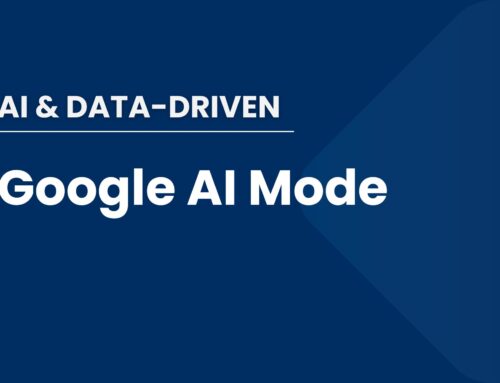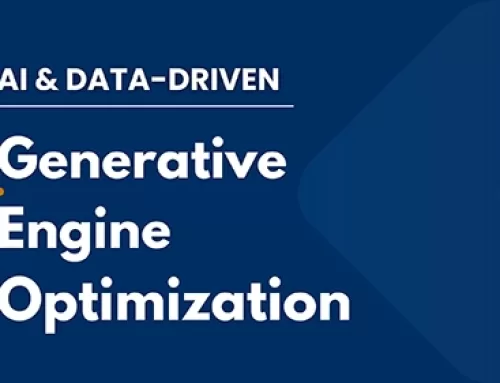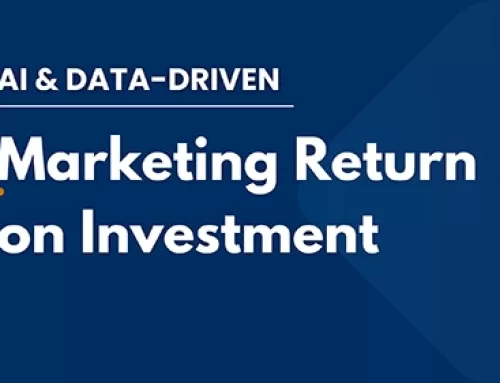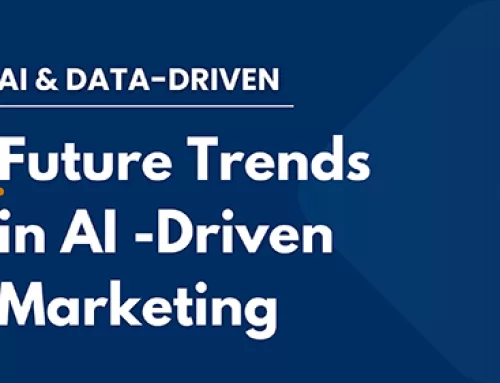Machine Learning: Data-Driven Intelligence and Business
In today’s fast-moving digital landscape, machine learning (ML) has become a driving force behind innovation and transformation across industries. This subset of artificial intelligence (AI) empowers computers to learn from data, identify patterns, and make predictions or decisions with minimal explicit programming.
How Machine Learning Works
At its core, machine learning involves feeding algorithms large datasets. These algorithms analyze the data, searching for correlations, trends, and anomalies. The more data an algorithm processes, the more refined and accurate its predictions become. Think of it like a child learning a language: they start by understanding basic words and phrases, and over-time, their comprehension and fluency grow and continue at a rapid pace.
Types of Machine Learning
- Supervised Learning: The most common form of ML uses labeled data to train algorithms. The machine is taught to recognize specific inputs and produce corresponding outputs. For instance, training an algorithm on labeled images of cats and dogs allows it to classify new images.
- Unsupervised Learning: When data is unlabeled, algorithms find patterns without guidance. This is useful for clustering data, identifying associations, and dimensionality reduction (simplifying complex data).
- Reinforcement Learning: This approach centers around trial and error and rewards. Algorithms attempt actions within an environment and receive positive or negative feedback. Over time, they learn the optimal strategy for a given task.
Real-World Applications of Machine Learning
Machine learning has far-reaching implications, including:
- Customer Service: ML-powered chatbots provide 24/7 support, and sentiment analysis gauges customer satisfaction.
- Fraud Detection: ML systems excel at identifying unusual patterns in financial transactions, preventing fraudulent activity.
- Healthcare: ML assists in medical diagnosis, drug discovery, and personalized treatment plans.
- Marketing & Sales: ML personalizes recommendations, predicts customer behavior, and optimizes marketing campaigns.
- Manufacturing: ML improves predictive maintenance, optimizes production processes, and streamlines supply chains.
The Future with Machine Learning
As ML technology matures, we can expect even broader applications. Self-driving cars, highly advanced language models, and breakthroughs in fields like medicine and science are all on the horizon. Businesses that embrace these advancements will hold a competitive edge, driving their future success through the intelligent use of data.
Let me know if you would like me to expand on any particular aspect or applications of machine learning!






Leave A Comment
You must be logged in to post a comment.